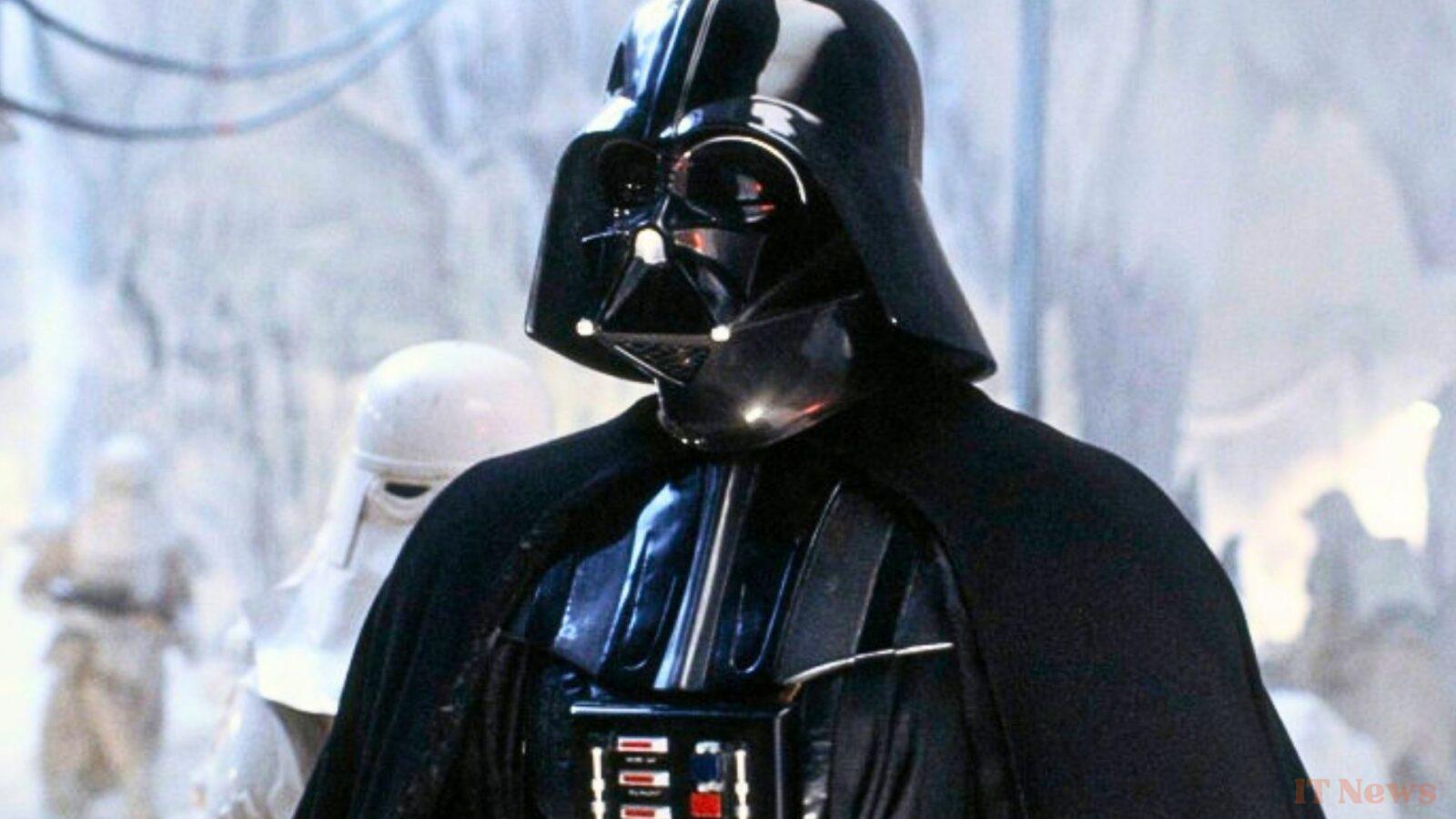Two years after an unprecedented strike in the American film and television industry, which focused, among other things, on the use of AI, two Hollywood giants are baring their claws. According to AFP via Le Monde, Disney and NBCUniversal are suing MidJourney for their use of several iconic characters from their catalogs. Indeed, the two studios accuse the image generator of being capable of hatching Darth Vader or Minion clones.
In their complaints, the two entities explain that the company "endlessly generates unauthorized copies of works" owned by their studios. Disney and Universal state that they have repeatedly asked for a halt, without success. Now, Disney and Universal are demanding $150,000 per infringed work.
This complaint comes as MidJourney hopes to offer a video generation tool soon. It's not difficult to understand why this upcoming launch is worrying. In a few months, users could imagine Star Wars or Despicable Me films with a simple click. These unofficial productions could harm the image of the brands used. Recently, the reproduction of Darth Vader's voice in Fortnite sparked controversy. For a brief period, the character was able to swear at players.
Why is it important?
Artificial intelligence is a sensitive topic for Hollywood giants. Like many industries, film and television hope to leverage it to expand their businesses. Whether it's to achieve technical feats in visual or sound effects, to improve user experiences on platforms, or to save precious money, AI is a revolution that everyone wants to embrace.
But it also has its detractors, particularly among unions. The use of AI to the detriment of actors or screenwriters was one of the points of contention between organizations and company representatives in the sector. The agreement concluded in 2023 made it possible to impose safeguards to ensure the survival of many professions.
Disney had particularly pointed the finger at its use of AI on the set of Wandavision and for the opening credits of Secret Invasion. In such a context, Mickey Mouse seemed to want to stay in the background. Last December, the Writers Guild of America called on studios to address these issues. The idea was to form a united front to establish a clear legal framework protecting the intellectual property of these tools.
Indeed, both Midjourney and OpenAi maintain a lack of clarity about how their artificial intelligence was trained. Currently, companies in the sector use the concept of "fair use" to protect themselves. This set of laws limits intellectual property rights by taking into account the interests of copyright holders and the public interest in authorizing certain uses that would otherwise be considered illegal. In concrete terms, it involves evaluating the merits of an approach in light of what it can bring to both parties.
If the Los Angeles federal court were to rule in favor of the Walt Disney Company and NBCUniversal, it would be a major step forward for the entertainment industry. Firstly, because other companies could follow in the footsteps of the two companies, but also and above all because it could significantly challenge the business model of artificial intelligence companies.



0 Comments